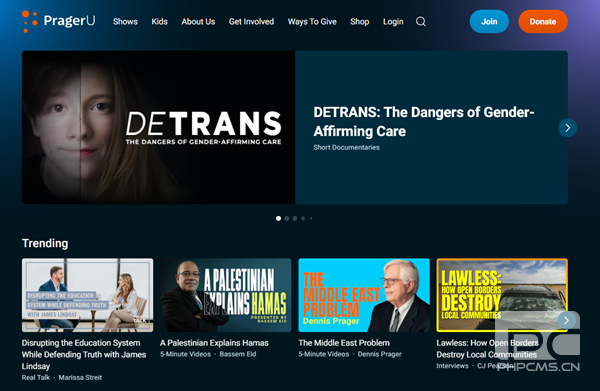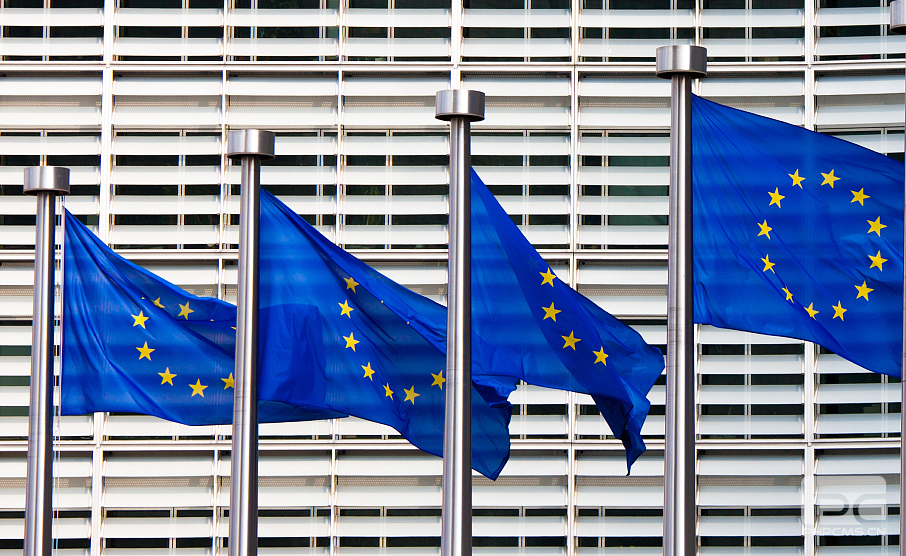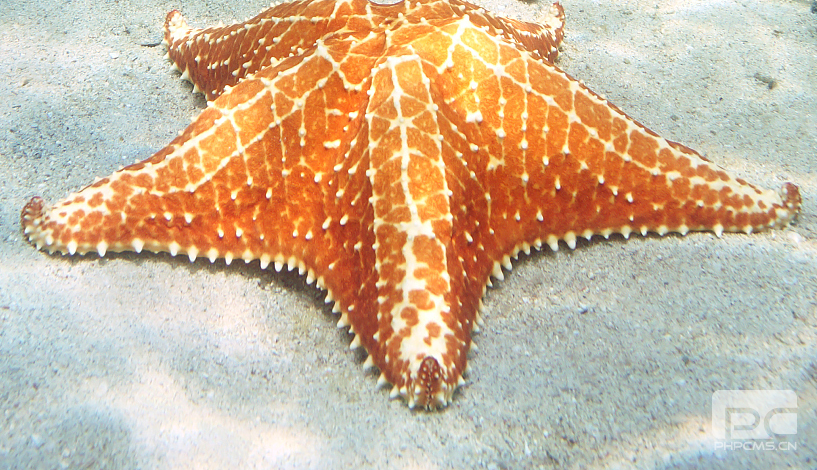Reykjavik, Iceland – NOV, 7, 2023 – In a move met with fierce criticism from environmentalists and animal rights advocates, Iceland's fisheries ministry announced its decision to resume commercial whaling. The decision, allowing the practice to continue under stricter regulations, has drawn condemnation from across the globe.
Iceland, alongside Norway and Japan, stands as one of the few countries permitting commercial whaling. Despite widespread opposition, the fisheries ministry defended its stance, stating that whaling could resume with enhanced hunting equipment, methods, and supervision.
Animal protection charity Humane Society International condemned the decision, describing it as "devastating and inexplicable." Iceland had suspended its whale hunt in June due to violations of the country's Animal Welfare Act. A government-commissioned report highlighted issues with the hunt, leading to the temporary halt.
The recent decision to resume whaling has sparked outrage, particularly concerning the use of explosive harpoons and the prolonged suffering of hunted whales. Video evidence released by Iceland's Food and Veterinary Authority depicted the agonizing plight of these marine creatures during hunts, lasting for hours.
While a working group proposed modifications to improve whaling methods and animal welfare, the Humane Society firmly rejected these proposals. "No amount of modifications will change the inherent cruelty of harpooning whales at sea," stated Ruud Tombrock, the organization's executive director for Europe.
Iceland's whaling industry, represented primarily by the Hvalur company, faces challenges due to shrinking demand for whale meat. The annual quotas, permitting the killing of 209 fin whales and 217 minke whales, have seen declining catches in recent years, raising questions about the industry's sustainability.
Public sentiment in Iceland has also shifted, with a growing majority opposing whaling. A survey conducted in June revealed that 51 percent of Icelanders were against the hunt, compared to 29 percent in favor, indicating changing attitudes within the country.
Iceland's decision comes at a time when global efforts to protect marine life intensify. The country's choice to resume commercial whaling stands in contrast to the rising tide of conservation and eco-tourism initiatives worldwide.
Iceland, alongside Norway and Japan, stands as one of the few countries permitting commercial whaling. Despite widespread opposition, the fisheries ministry defended its stance, stating that whaling could resume with enhanced hunting equipment, methods, and supervision.
Animal protection charity Humane Society International condemned the decision, describing it as "devastating and inexplicable." Iceland had suspended its whale hunt in June due to violations of the country's Animal Welfare Act. A government-commissioned report highlighted issues with the hunt, leading to the temporary halt.
The recent decision to resume whaling has sparked outrage, particularly concerning the use of explosive harpoons and the prolonged suffering of hunted whales. Video evidence released by Iceland's Food and Veterinary Authority depicted the agonizing plight of these marine creatures during hunts, lasting for hours.
While a working group proposed modifications to improve whaling methods and animal welfare, the Humane Society firmly rejected these proposals. "No amount of modifications will change the inherent cruelty of harpooning whales at sea," stated Ruud Tombrock, the organization's executive director for Europe.
Iceland's whaling industry, represented primarily by the Hvalur company, faces challenges due to shrinking demand for whale meat. The annual quotas, permitting the killing of 209 fin whales and 217 minke whales, have seen declining catches in recent years, raising questions about the industry's sustainability.
Public sentiment in Iceland has also shifted, with a growing majority opposing whaling. A survey conducted in June revealed that 51 percent of Icelanders were against the hunt, compared to 29 percent in favor, indicating changing attitudes within the country.
Iceland's decision comes at a time when global efforts to protect marine life intensify. The country's choice to resume commercial whaling stands in contrast to the rising tide of conservation and eco-tourism initiatives worldwide.




Copyright © 2023.Yooke studio All rights reserved.
PKWEEKLY NEWS













